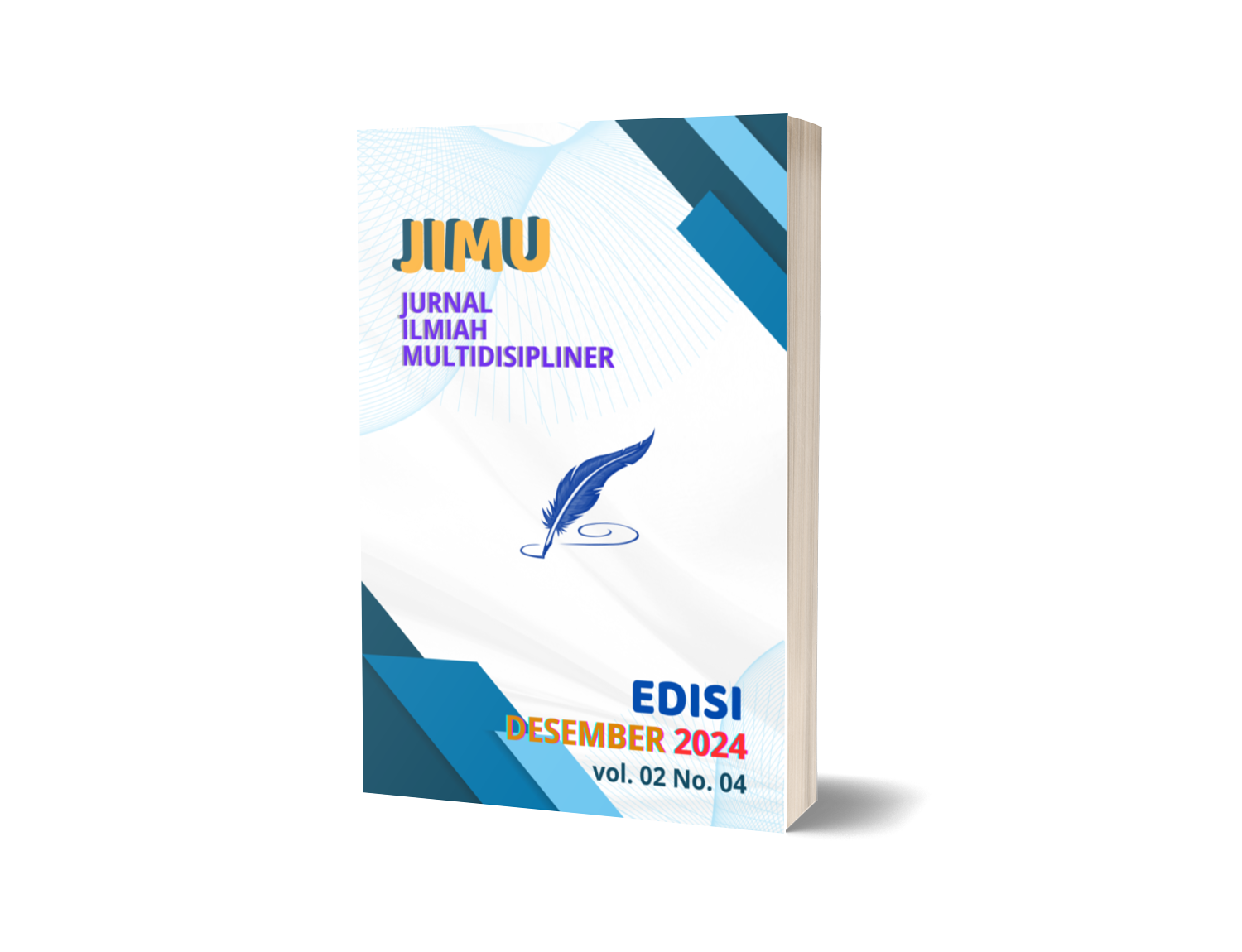Phubing dalam Anslisis Filsafat Pariwisata, Eksistensialisme, Strukturalisme, dan Postrukturalisme
Kata Kunci:
Phubbing, Philosophy of Tourism, Existentialism, Structuralism, Poststructuralism, Tourism Experience.Abstrak
The phenomenon of phubbing, or ignoring people around by focusing more on digital devices, has become an integral part of everyday life, including in the context of tourism. This study aims to analyze the phenomenon of phubbing in tourism through the lens of three main philosophical schools: existentialism, structuralism, and poststructuralism. Using this philosophical approach, this study examines how phubbing affects tourists' experiences and social interactions at tourism destinations. The poststructuralism approach further questions the meaning formed in the practice of phubbing. In the context of tourism, poststructuralism emphasizes how phubbing reduces the tourism experience to fragments that are disconnected between the physical and virtual worlds. The tourism experience becomes recorded more as digital consumerism than pure cultural or emotional meaning.
Unduhan
Referensi
Bauman, Z. (2000). Liquid Modernity. Polity Press.
Derrida, J. (1978). Writing and Difference. University of Chicago Press.
Urry, J., & Larsen, J. (2011). The Tourist Gaze 3.0. Sage Publications.
Sartre, J.-P. (1943). Being and Nothingness. Routledge.
Fennell, D. A. (2020). Ecotourism (5th ed.). London: Routledge.
Saussure, F. de. (1916). Course in General Linguistics. McGraw-Hill..
Stone, C., & Wang, W. (2018). Reframing the Tourism Experience: Technology's Role in Mediating Human Interaction. Tourism Management Perspectives, 26, 143–150.









